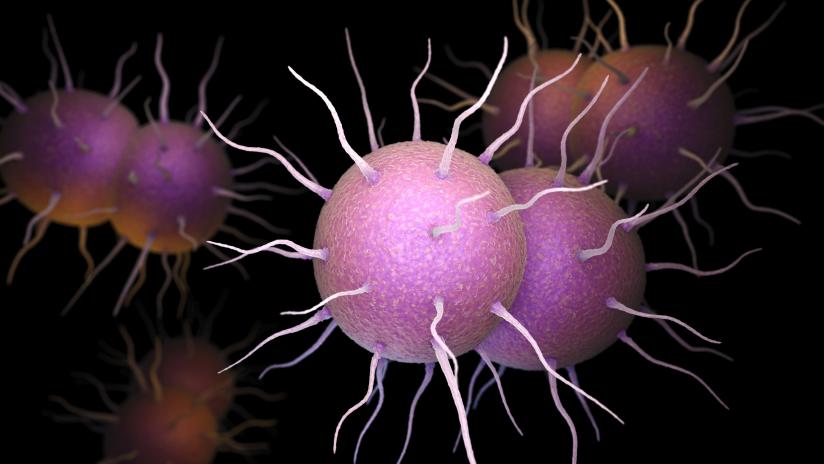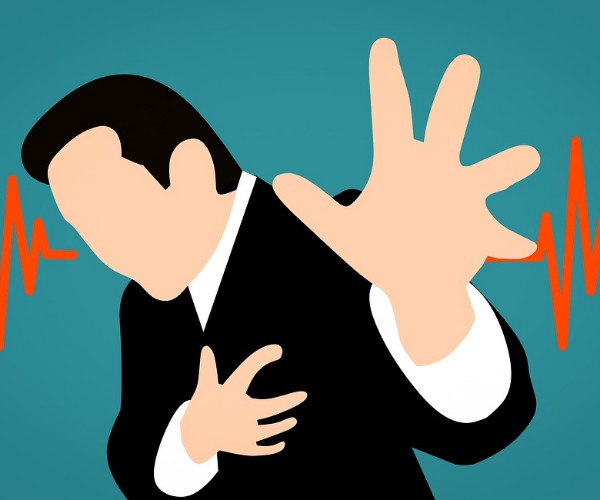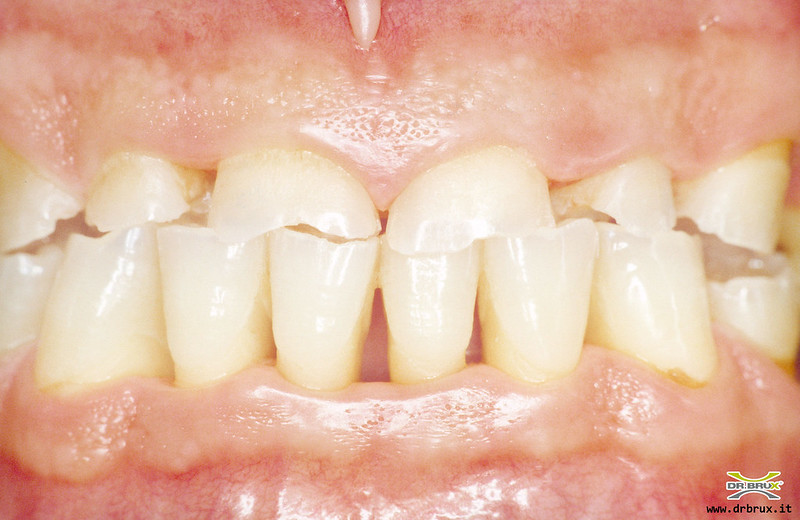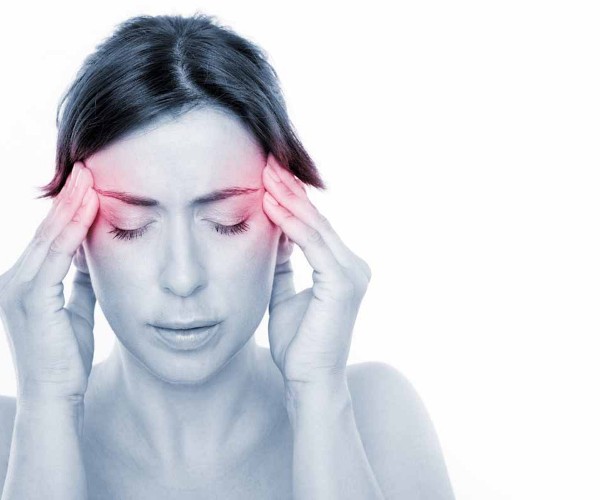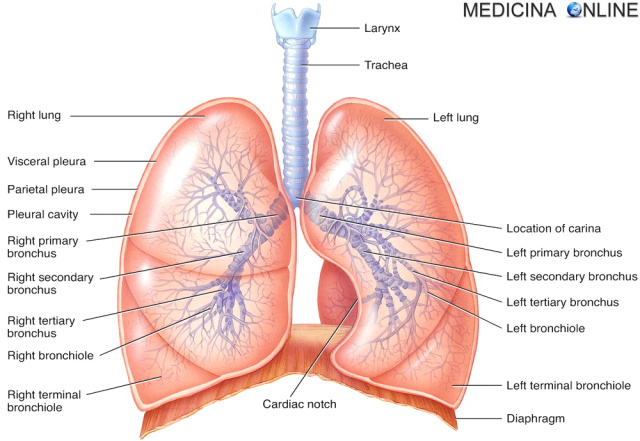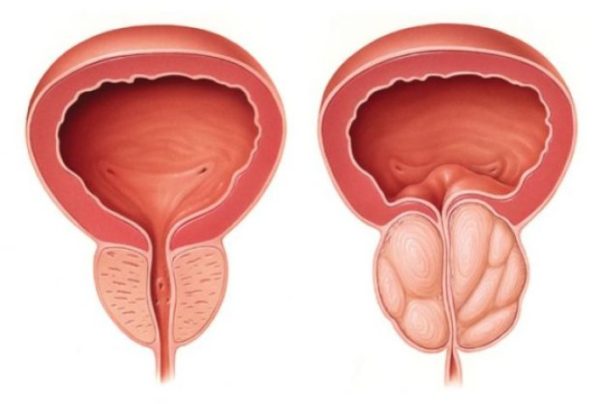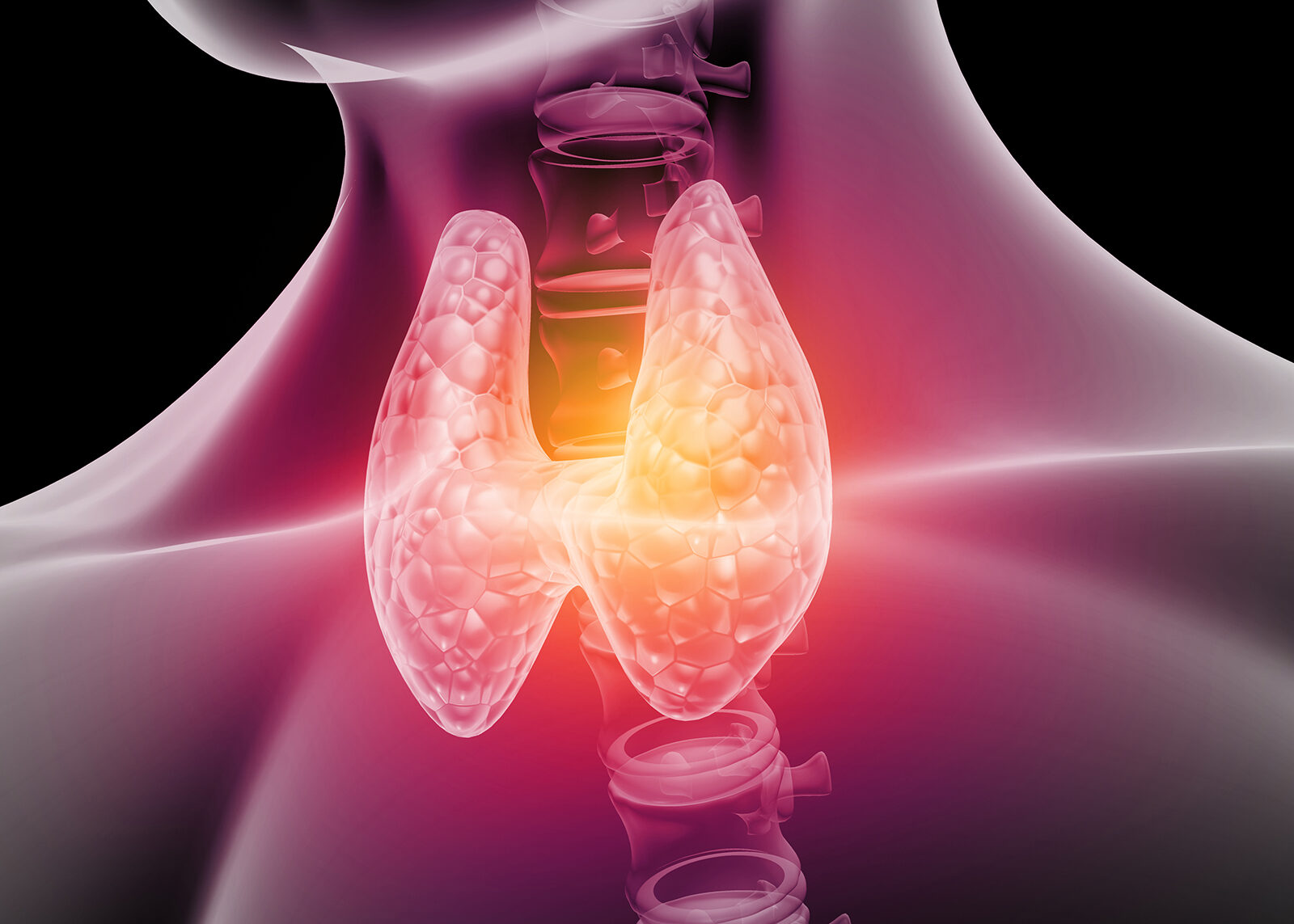What can be the problems and complications with the mitral valve?
A problem with the heart valves may occur because of a congenital defect, or because of a particular health condition, or because of the effects ofaging.
Over the years calcium deposits may occur in the valves, the mineral substance always present in the blood normally without consequence, except in some cases where the accumulated calcium causes thickening of the valve leaflets by narrowing it.
Heart valves, and particularly the mitral valve can also worsen over the years as a result of degenerative disease.
A typical example of degenerative valvular disease is mitral valve prolapse, a condition in which flaps and chordae tendineae, due to an excessive increase in elasticity, can bend and fail to close properly.
In these cases, there is no significant loss of valve function, and those affected do not complain of particular symptoms. Only in some cases more treatment is needed, while for all other cases regular annual monitoring of cardiac conditions may be sufficient.
The mitral valve is particularly affected by problems such as functional leakage or regurgitation, partly because of damage that has occurred to the fibers of the closing mechanisms.
In some cases, people with mitral prolapse, if mild, do not experience any significant leakage phenomena, and the valve continues to perform its function, although in the case of any worsening, the heart would struggle much more in pumping the necessary blood, leading to greater risk situations.
The risk can be reduced only if special measures are taken in living habits, such as:
- Exercise, especially aerobic exercise.
- Monitor and keep LDL cholesterol levels low, and keep HDL cholesterol levels high instead.
- Measure and contain blood pressure to recommended values.
- Control weight, avoiding any possible increase, a condition that would become conducive to the development of coronary heart disease, hypertension, type 2 diabetes, and respiratory problems.
- Avoid smoking altogether.
- Adopt a heart-specific diet.
- Take only the medications prescribed by the treating physician, avoiding any medication that is not part of the treatment, or about which the treating physician is not informed.
















